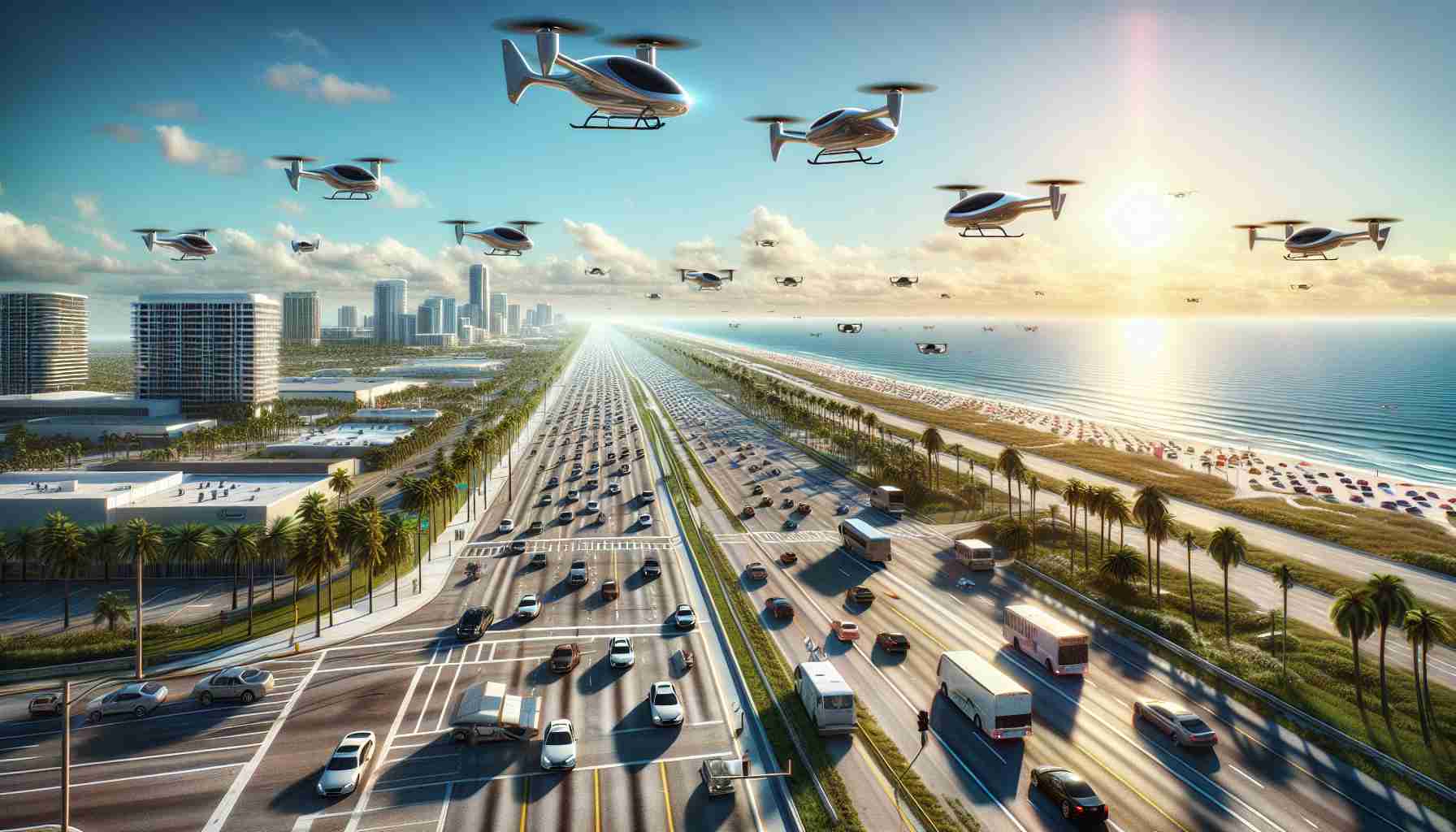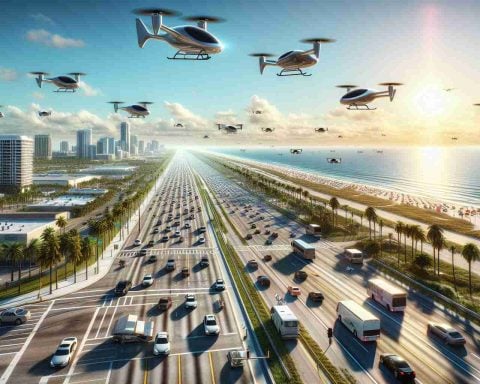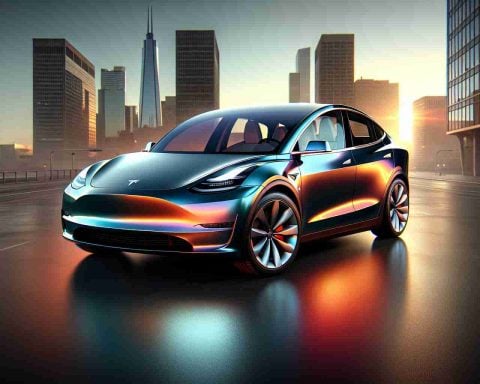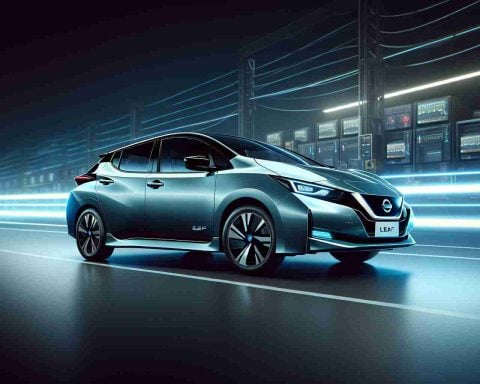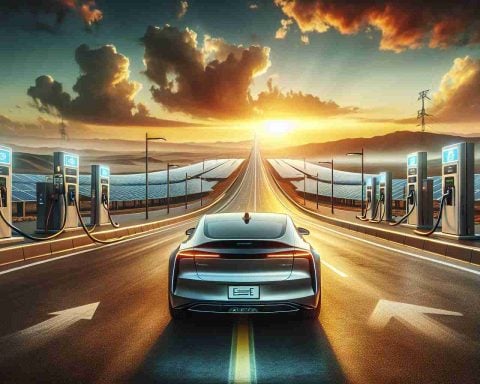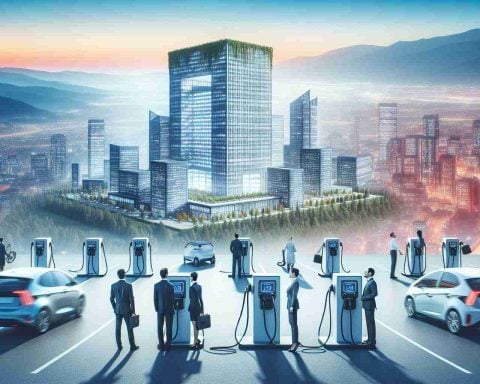- Florida Department of Transportation, under Secretary Jared Perdue, aims to build “vertiports” for eVTOL (electric vertical take-off and landing) aircraft.
- eVTOLs promise quick travel between urban areas, inspired by science fiction and targeting use by 2026, particularly in Miami-Dade County.
- These aircraft could transform Florida’s transport, especially along the I-4 corridor, with technology advancements reducing costs.
- Global companies like Uber and Amazon are already investing in airborne transportation, with regulatory bodies such as the FAA adapting policies for new mobility systems.
- Florida’s legislature is considering tax exemptions for eVTOLs to encourage adoption and boost this innovative transport mode.
Imagine a Florida where bustling highways become mere memories as travelers soar above the gridlock. Visionary steps are being taken by the Florida Department of Transportation to make this dream a reality, with Secretary Jared Perdue at the helm. He advocates for the creation of “vertiports”—elegant launchpads for futuristic eVTOL (electric vertical take-off and landing) aircraft that promise swift movement between urban hubs.
These sleek electric mini-planes, drawing inspiration from science fiction’s imagination, are inching closer to everyday use. Conversations have been circulating for years, with Miami-Dade County at the forefront, exploring potential air corridors since 2018. By 2026, such routes could be buzzing over South Florida skies, permanently altering the landscape below.
Perdue envisions a sky populated by eVTOLs traversing the length of the state’s iconic I-4 corridor. With advances in technology, he anticipates a rapid reduction in costs, making them accessible to the masses. In a vivid picture of the future, these vehicles, reminiscent of “The Jetsons” and beloved science fiction tales, are poised to recast Florida’s transport tapestry.
Global giants have already embraced airborne innovation—Uber with flying car projects and Amazon’s drone deliveries catching air above our homes. Regulatory bodies like the FAA are also paving the way for such advanced mobility systems, updating guidelines and categories for this aviation frontier.
Florida’s legislature supports this groundbreaking shift, considering bills that would financially encourage this new mode of transportation by offering tax exemptions on eVTOL transactions. As we stand on the cusp of this airborne era, the skies above Florida might soon hum with the futurism we’ve long dreamed of, marking a historic transition from the roads we know so well.
Sky-High Transformations: How eVTOLs Could Revolutionize Florida’s Future Transportation
The dream of transforming Florida’s highways into quiet roadways of the past, replaced by skies buzzing with futuristic electric vertical take-off and landing (eVTOL) aircraft, is becoming tangible. Under the visionary leadership of Florida Department of Transportation Secretary Jared Perdue, efforts are advancing to bring “vertiports” into existence. These vertiports would serve as launch pads for eVTOLs, potentially revolutionizing the way residents and visitors navigate the state.
Florida’s push into this airborne realm marks a significant shift in urban mobility. Miami-Dade County has been at the forefront of these discussions, having explored the potential for air corridors since 2018. By 2026, it’s anticipated that air routes using eVTOLs could be operational, fundamentally redefining the state’s transport infrastructure.
## Broader Impact of eVTOL Adoption
Technological Advancements and Economic Growth
The integration of eVTOL technology in Florida isn’t just a transport evolution; it’s a technological boon. It would create a ripple effect in various sectors, spurring economic growth through new jobs in manufacturing, maintenance, and operations of these aircraft.
Global Leaders and Trends: Major corporations like Uber and Amazon are already delving into similar technologies. For instance, Uber has been working on flying car projects, while Amazon explores drone delivery systems. These initiatives are globally influencing how companies envision logistics and transportation, potentially leading to widespread adoption and further innovations.
Environmental Impact
The transition from road to air travel with electric propulsion promises environmental benefits. The reduction in ground vehicle usage will cut down on road congestion and greenhouse gas emissions, supporting climate action goals. eVTOLs, being electric, also set the stage for reducing air pollution compared to traditional fossil-fuel-powered aviation.
Regulatory and Legislative Support
Regulatory Framework: The Federal Aviation Administration (FAA) is actively updating its guidelines to accommodate this shift towards advanced urban air mobility systems. This regulatory support is crucial for safe integration into existing airspace.
Legislative Incentives: Florida’s legislature is considering bills to incentivize this transition by offering tax exemptions on eVTOL transactions. Such legislative backing is vital to nurture this nascent industry and encourage both consumer adoption and industry investment.
Social Implications
On a social level, the democratization of air travel via eVTOLs could increase accessibility and decrease travel times between key urban areas. However, cost and safety remain prominent concerns. As technology advances and economies of scale are realized, eVTOL transport is expected to become more affordable, allowing broader segments of the population to benefit.
## Looking Ahead: Future Possibilities and Challenges
Key Questions
1. How will safety measures be managed? Ensuring that eVTOL flights are safe for passengers and those below flight paths is paramount. The development of robust safety protocols and infrastructure, like vertiports, will be critical.
2. What about noise pollution? While eVTOLs are quieter than traditional aircraft, addressing community concerns about potential noise pollution will be necessary.
3. Will infrastructure keep pace? The support infrastructure, from charging stations for eVTOLs to air traffic control systems adapted for urban settings, will need to evolve swiftly.
As Florida stands on the brink of this airborne evolution, it navigates challenges and opportunities that could redefine travel not just within the state, but potentially inspire similar initiatives worldwide.
For further insights into developments in transport and technology, visit Department of Transportation and Federal Aviation Administration.
